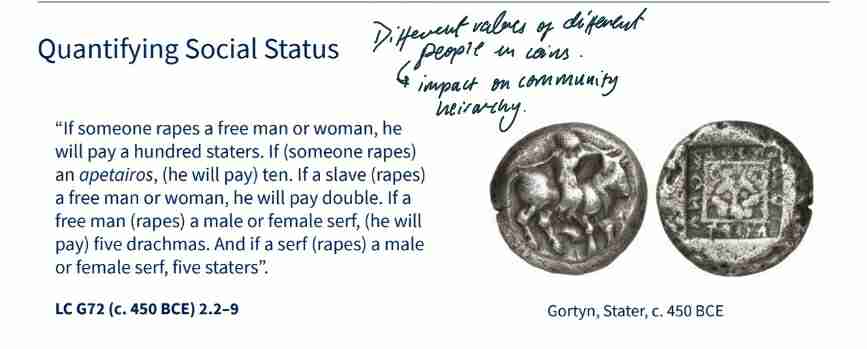Coinage and Community
1/19
Earn XP
Description and Tags
Name | Mastery | Learn | Test | Matching | Spaced | Call with Kai |
|---|
No analytics yet
Send a link to your students to track their progress
20 Terms
What is money?
generally agreed upon
store value
measure value
mediate exchange
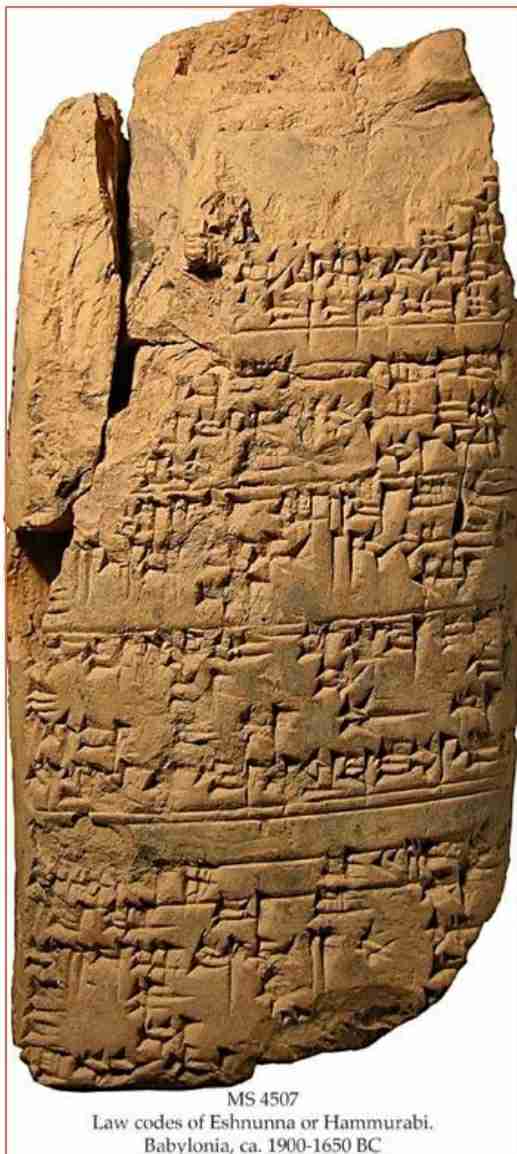
The Silver Standard of Eshunnna
far earlier type of money than coinage.
it must be weighed by the seller before exchange can take place.
this is regulated by the state as one unit of account and measured value.

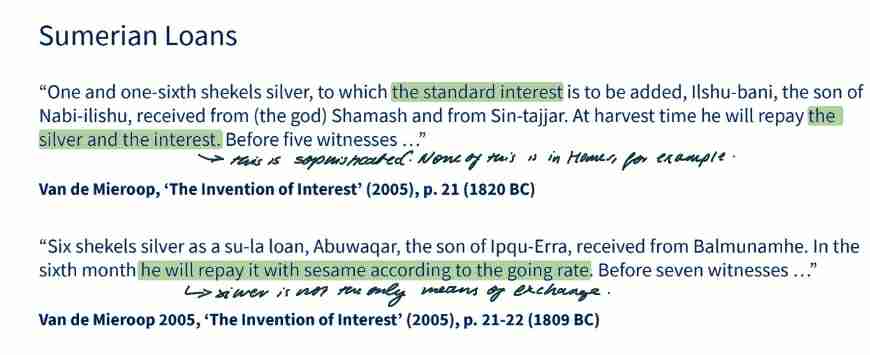
Sumerian Loans
They have a standard intrest, which is very specific and sophisticated.
None of this appears in Homer, for instance.
Silver is also not the only means of exchange.
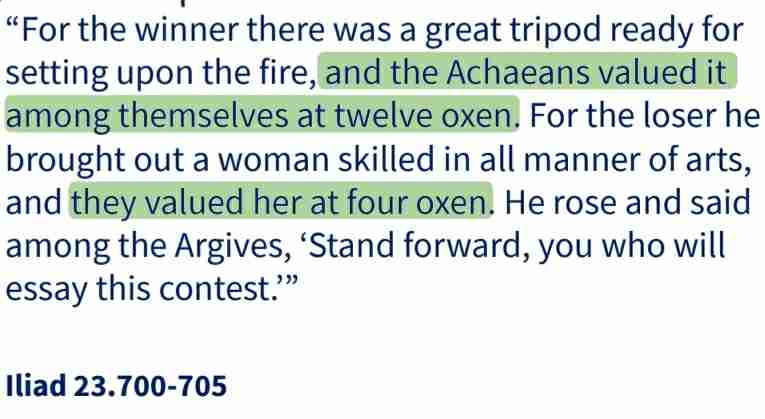
Money in homer
There is no money, unlike in the near East.
The oxen instead are standards of value.
Gold is worth much more than bronze, clearly, and so there is a fixed and apparent standard of value.
But oxen die, all value gone.
not to mention it is not convenient for sales! this cannot have really been the unit of exchange.
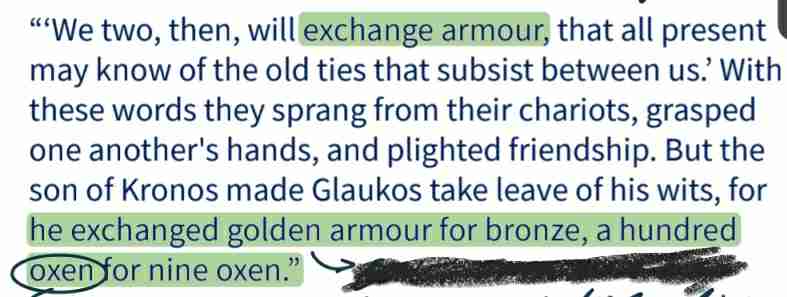
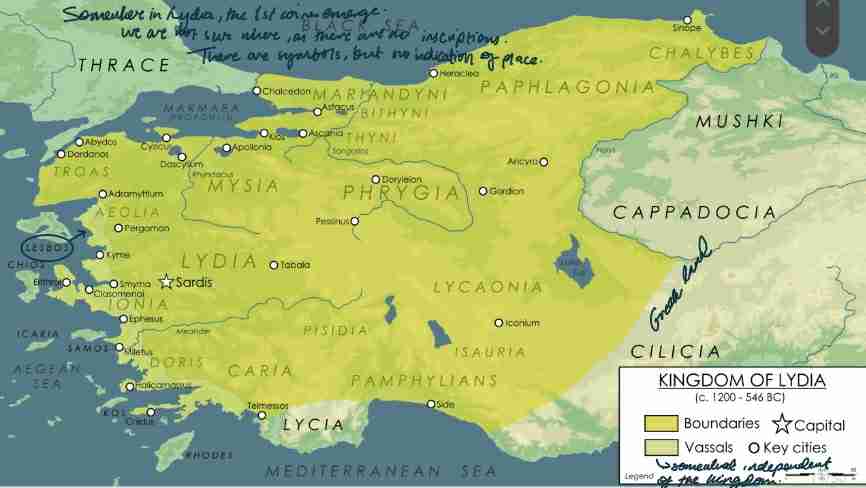
The inventors of coins
Herodotus may have hidden his remark in passive aggression, but he believed that it was the Lydians.
Pollux only named Lydians as a potential inventor,
but we know from archeological research that the Lydians were the true inventors of coins.
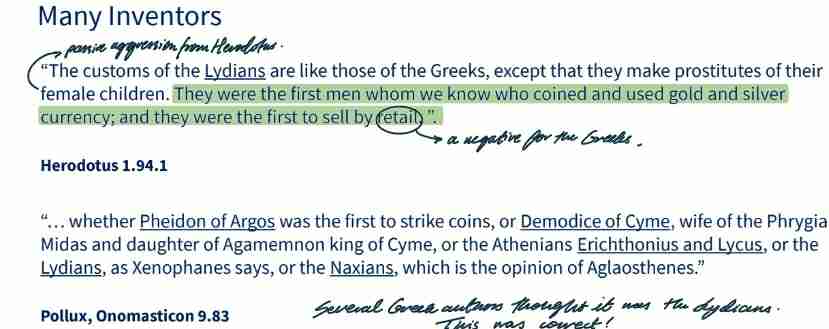
The Walwet Coins
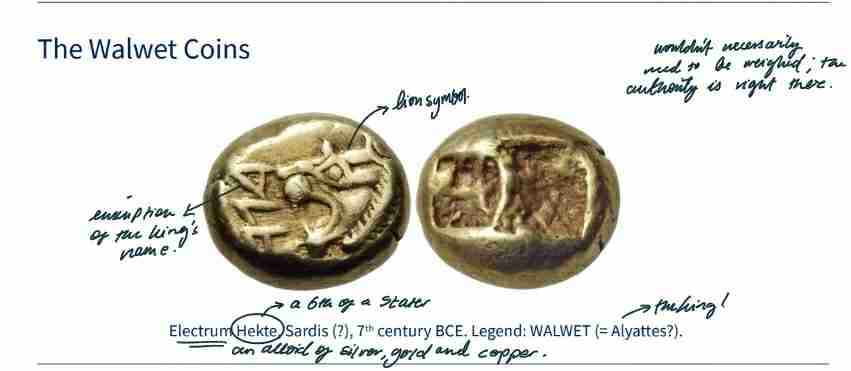
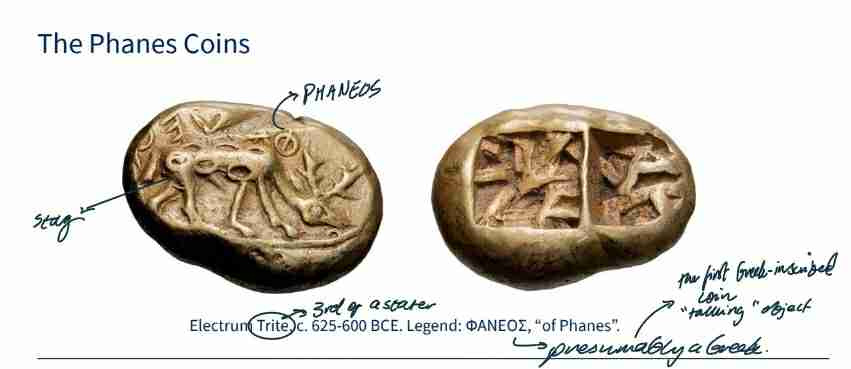
The Phanes Coins
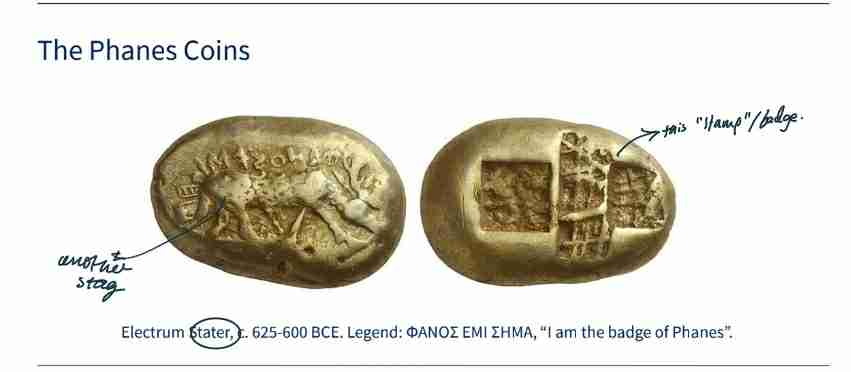
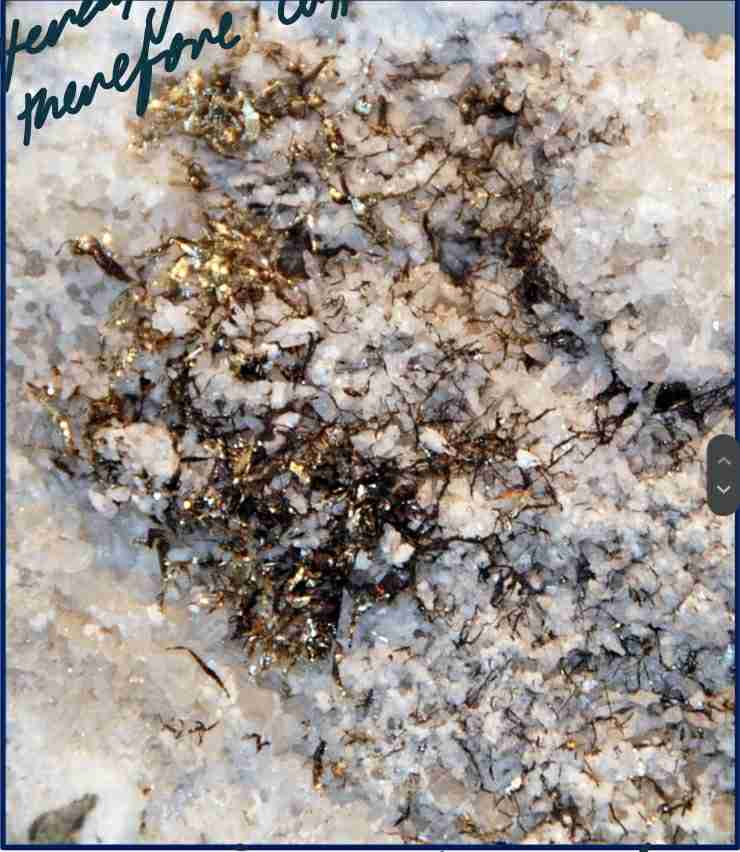
Why Electrum?
Traditional view: The Lydian kings have lots of natural electrum with highly fluctuating gold that makes it impossible to exchange due to the value being different always, and so they use coinsto make it usable in transactions.
But we know now: Lydian royal coinage has a standardised ratio of c.55 percentgold, 44 perfect silver and 1 percent copper. We did not imagine that they would be able to be so specific with the numbers, but they were, and this was an artificial alloy.
Still, why?
Maybe because of fluctuating gold and silver availabilities that would change the value of those materials if they were being used for coins.
Or because those in reception of the coins could not melt them down and repurpose them, instead having to use them as they are.
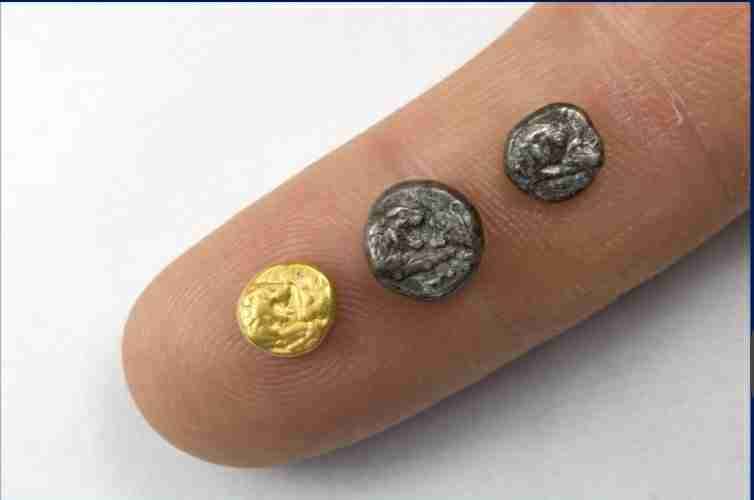
Croesus
The bimetallic system
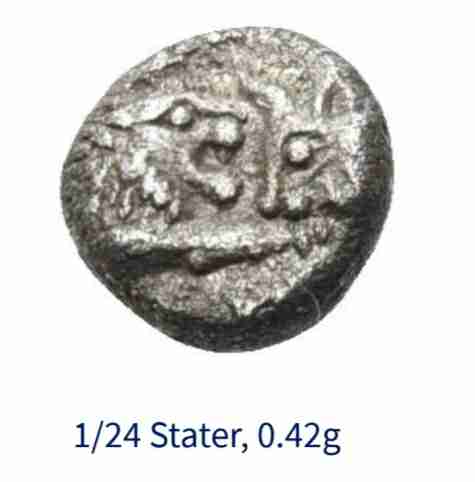
But other places stick with electrum
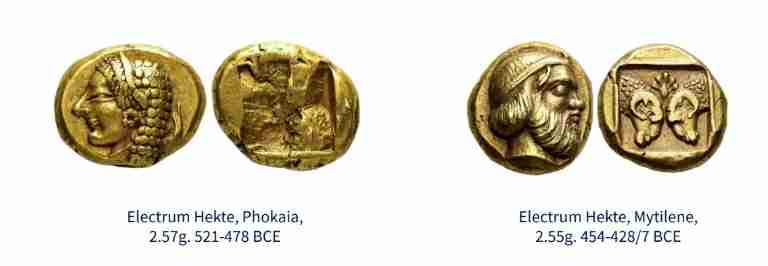
Payments from the Lydian king
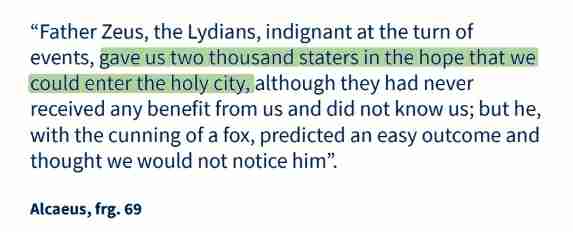
The Greek Mainland
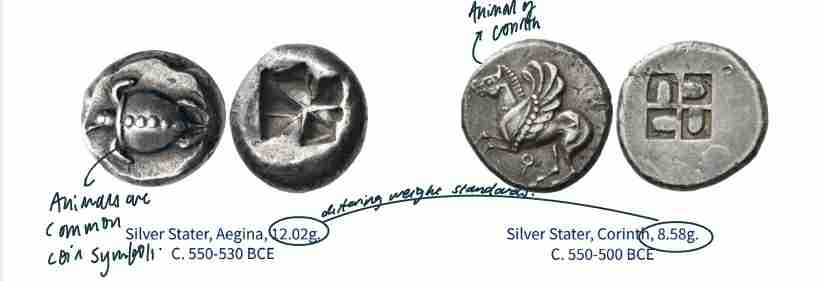
The East and West
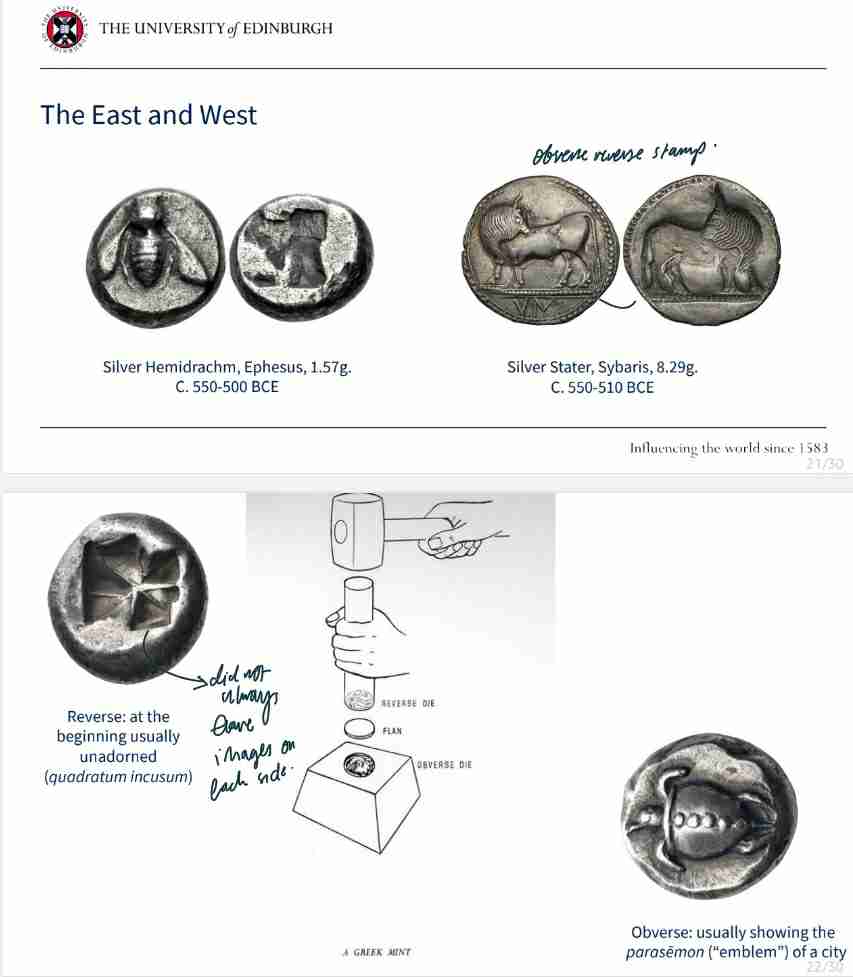
Athenian Coinage before 594BCE?
Aristotle, Athenian Constitution 10
Must have been hard to trust and believe these coins.
Used to be standardised to certain weights.

Early scepticism
People cut into coins to check if they were really silver
Such as the Cyrenean Silver Tetradrachm from 550-500, which had a silver coat overlying the base metal.
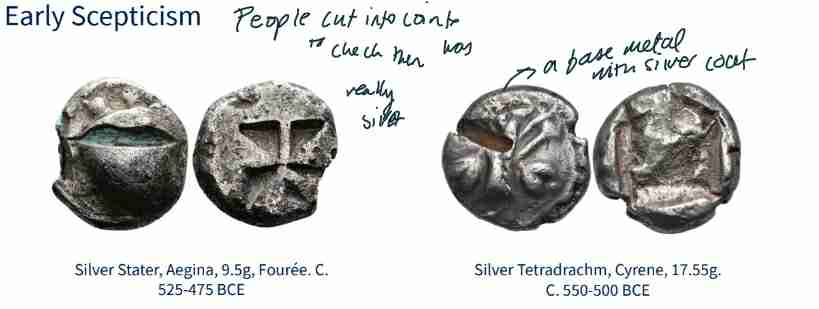
Athens: ‘Wappenmuzen’ (c. 545-515 BCE)
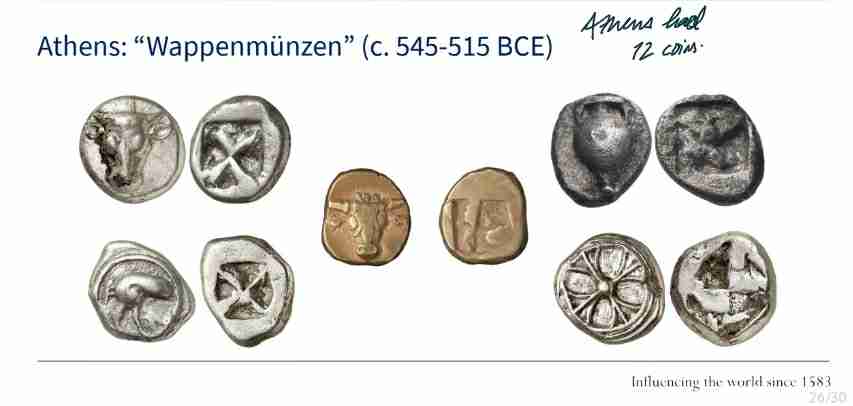
Athens: The Gorgon Coins
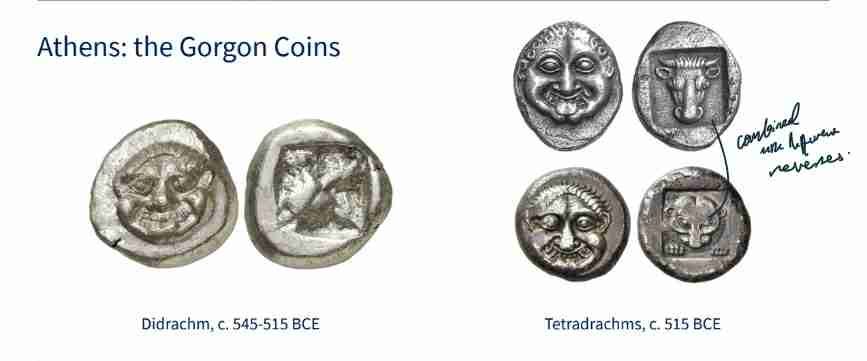
Athens: The Civic Coinage
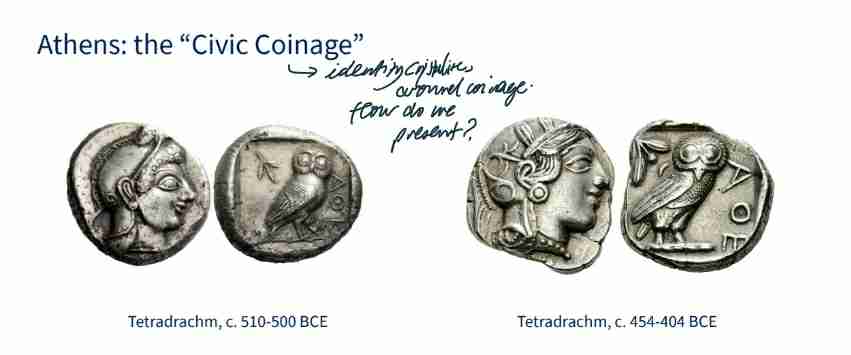
Fines for All?
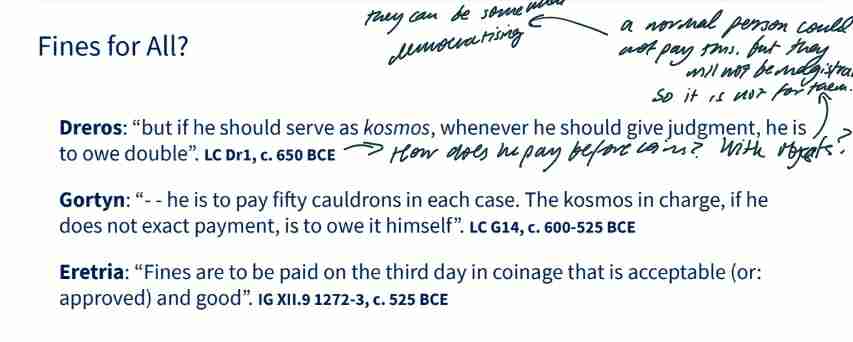
Quantifying social status
